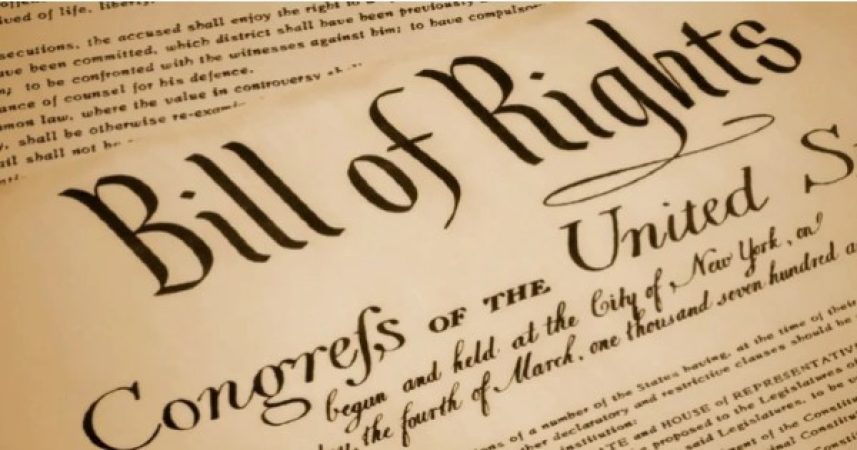College students should be reimbursed if they don’t receive the full benefits they pay for in tuition, fees, room, and board, declares the Partners for College Affordability and Public Trust.
“COVID-19 has illuminated the long over-due need for basic consumer protections for those who are struggling to pay for the cost of college,” said Partners president James Toscano in a statement launching the Tuition Payer Bill of Rights. “As we saw in the spring when campuses were forced to close, colleges and universities cannot guarantee delivery of the quality of instruction, services and benefits they advertise. Still, very few are offering tuition discounts or are refunding fees, and in fact, some are actually raising their tuition.”
Over 100 class action lawsuits have been filed against institutions across the country for breach of services delivered. Toscano believes the litigation would be unnecessary if consumer protection policies existed. “For any other investment the size of college tuition, there are fundamental consumer rights in place to make sure that consumers are fully informed of the cost and benefits of the services for which they are paying, and they have a recourse if these are not delivered.”
The situation in Virginia is in flux as public and private universities receive an influx of college students for the new academic year. Higher-ed institutions are adopting an array of measures to combat the spread of COVID-19, including frequent testing, contact tracing, and social distancing. Athletic events are being canceled. More classes are being taught online. While the policy mix varies from institution to institution, campus life will not be the same, and in many cases neither will the learning experience.
Over 100 class action lawsuits have been filed against institutions across the country for breach of services delivered, litigation Toscano believes would be unnecessary if consumer protection policies existed.
“With 55% of students reporting that COVID-19 has affected their ability to pay for college and schools scrambling to solidify fall semester plans, students are looking for signs of assurance their investment in higher education will remain a good one,” said Kyle Southern, Policy and Advocacy Director, Higher Education and Workforce for Young Invincibles, which backs the Tuition Payer Bill of Rights. “Institutions should listen to students’ concerns and ensure equitable experiences – particularly for first-generation, low-income, and racially and ethnically marginalized students who will be most affected far beyond the current crisis.”
The Tuition Payer Bill of Rights has six main tenets:
- Right to advertised benefits and refunds. The right to receive the full benefits owed to students through payment of tuition, fees, room and board and to be refunded for services not rendered.
- Right to opt out of non-essential services. The right to op-out of paying fees levied for collegiate athletics, recreation and other non-essential services.
- Right to no-cost alternatives to textbooks. The right to be given the option of no-cost online texts and materials.
- Right to financial transparency. The right to a clear and detailed explanation of anticipated costs and those incurred to earn a college education: of financial aid and payment obligations; and of billing and how colleges spend money.
- Right to know the value of a degree. The right to be informed of the earnings premium that former students earn beyond the typical high school graduate before enrolling in an institution of higher education.
- Right to speak. The right to address college governing and advisory boards in a public comment period during open board meetings before decisions are made.
Bacon’s bottom line. Some of these proposals are familiar. Partners has brilliantly repackaged them in the form of a bill of rights. What adds umph to the initiative is the new insistence upon students’ rights to refunds. If students don’t get the kind of education they contracted for, if they’re charged fees for athletic events that never happen, if they don’t get the dormitory accommodations promised, they should get some or all of their money back. Who can argue with that? Are colleges going to insist that they have the right to cheat their customers? They can’t. It would be political dynamite.
Driven by their internal constituencies, Virginia’s colleges and universities are consumed with identity politics. But that fixation will run head-long into marketplace realities. Institutions had better get their priorities straight. If they’re interested in “social justice,” they can start by ensuring that all students — especially low-income minority students — get their money’s worth for their tuition and fees.
A version of this commentary originally appeared on August 13, 2020 in the online Bacon’s Rebellion.






